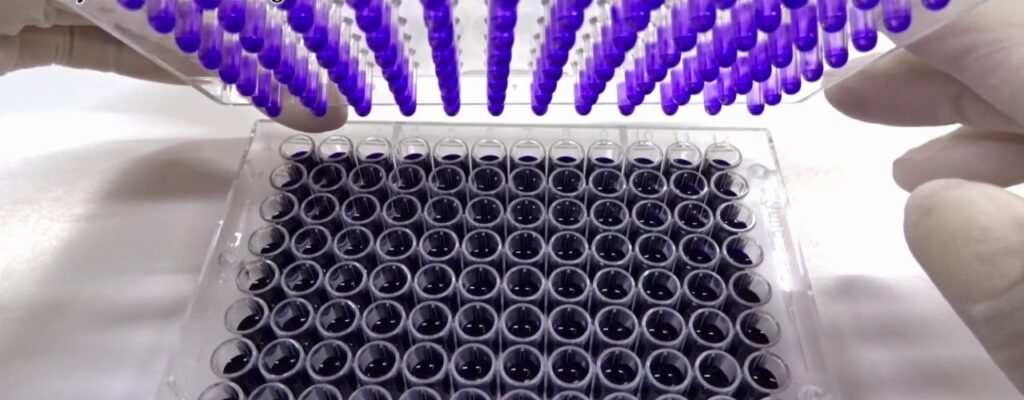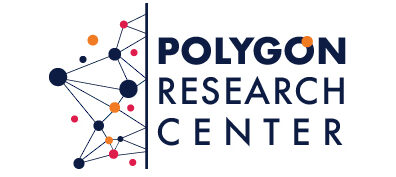
An Anti-Biofilm Assay is used to evaluate the ability of a substance (e.g., antibiotic, natural extract, or chemical compound) to prevent biofilm formation or disrupt existing biofilms formed by microorganisms on surfaces.
Test Details
Procedure
Bacteria are cultured in a 96-well plate to form biofilms; after incubation, the wells are washed and treated with test compounds to assess inhibition or disruption. The biofilms are then stained with crystal violet, and the stain is solubilized using ethanol or acetic acid.
Finally, absorbance is measured at 570–600 nm to quantify biofilm biomass and determine antibiofilm activity.
Application
- Medical Field
- Industrial and Environmental Applications
- Dental Care
- Pharmaceutical and Cosmetics Industry
Reference
Hall-Stoodley, L., Costerton, J. W., & Stoodley, P. (2004). Bacterial biofilms: From the natural environment to infectious diseases. Nature Reviews Microbiology, 2(2), 95–108. https://doi.org/10.1038/nrmicro821Contact Us
Have questions about this test? Send us a message and we'll get back to you as soon as possible.
